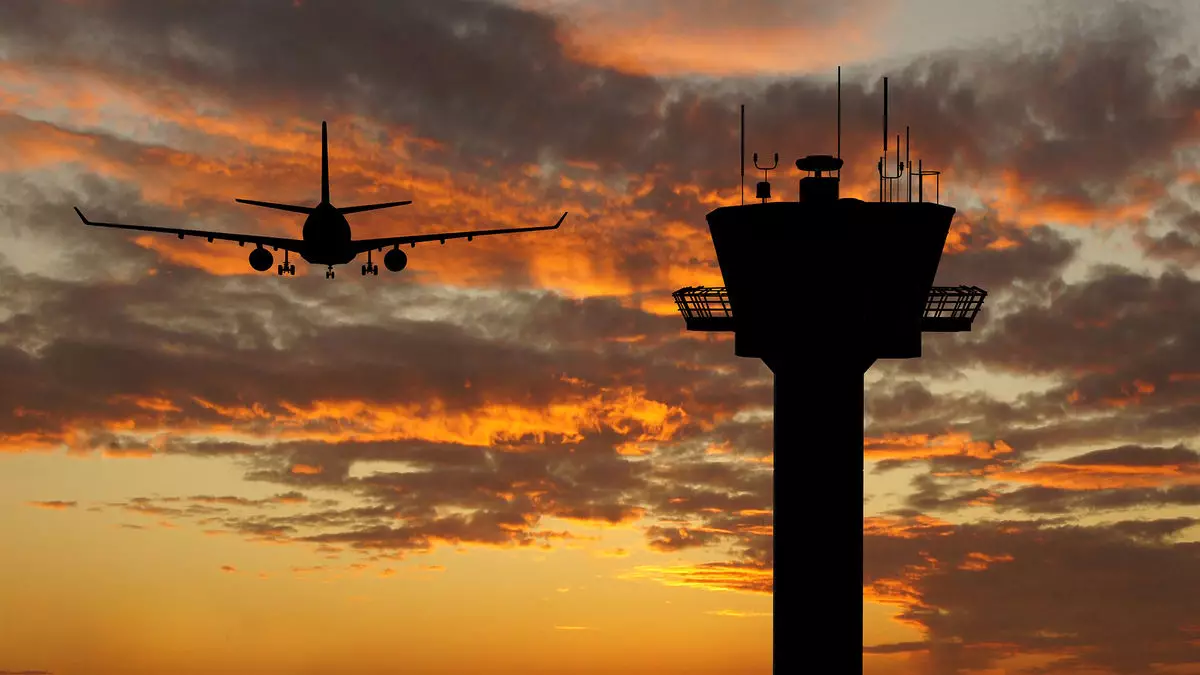The air travel landscape in the United States is increasingly contentious, with prominent organizations expressing contrasting perspectives about government interventions aimed at enhancing competition among airlines. This article explores the contrasting viewpoints of the American Society of Travel Advisors (ASTA) and the U.S. Travel Association regarding a public inquiry initiated by the Department of Justice (DOJ) and the Department of Transportation (DOT).
ASTA has positioned itself as a staunch advocate for improving competition in the airline industry. Their response to the DOJ and DOT’s public inquiry reflects their belief that the current state of air travel is heavily skewed due to historical mergers and acquisitions. Since deregulation in 1978, the airline industry has undergone significant transformations that have ultimately resulted in a marked reduction in competition. This phenomenon has led to higher airfares and restricted options for consumers, severely impacting the choices available to travelers.
ASTA’s acknowledgment of the inquiry as a vital opportunity for their members to voice concerns emphasizes their commitment to facilitating meaningful dialogue on such an essential matter. With travel advisors processing a staggering 735,000 air tickets daily, they make it clear that their expertise and experiences are invaluable resources in addressing the complexities of air travel competition. The organization’s assertion that consolidated airlines have adversely affected their ability to secure affordable and diverse travel options for clients underlines a tangible frustration within the industry, a discontent that resonates with many travelers today.
Conversely, the U.S. Travel Association presents a critique of the inquiry, characterizing it as a misguided political maneuver. With historical airfares reportedly reaching new lows and travel demand seeing unprecedented highs, the association’s arguments pivot towards the notion that the focus should be on addressing systemic issues beyond mere competition. They propose that the Biden administration should prioritize investments in technological advancement, airport infrastructure, and the acute shortage of air traffic controllers, rather than initiating inquiries perceived as politically motivated.
The divergence in perspectives can be traced to a fundamental disagreement about the air travel industry’s challenges. While ASTA’s focus is on competition as the root cause of consumer dissatisfaction, the U.S. Travel Association maintains that broader operational issues must take precedence. This viewpoint suggests that enhancing overall efficiency in air travel could alleviate many existing frustrations faced by travelers, rather than solely emphasizing competition among airlines.
The timing of the DOJ and DOT’s inquiry, occurring just weeks before a national election, adds an additional layer of complexity to the discussion. Airlines for America, echoing sentiments expressed by the U.S. Travel Association, posits that the inquiry carries political undertones rather than a genuine desire to effectuate change. This skepticism raises questions about the government’s motivations, suggesting that such inquiries may serve as political tools rather than substantive efforts to enhance the air travel experience.
The implications of political timing in this context extend beyond mere skepticism; they influence public perception about the reliability and sincerity of governmental actions. When organizations like Airlines for America and the U.S. Travel Association suggest that political motives are at play, it inevitably detracts from the credibility of the inquiry itself. If stakeholders perceive that the government’s actions are driven more by political expediency than by genuine concern for consumer interests, it risks undermining faith in the regulatory process.
As both the ASTA and the U.S. Travel Association articulate their viewpoints, it becomes clear that navigating the air travel industry’s challenges requires a multifaceted approach. Each organization’s perspective highlights valid concerns—ASTA’s emphasis on competition and consumer choice is paramount in an industry that has changed dramatically, while the U.S. Travel Association’s focus on overarching operational improvements underscores the complexity of the air travel experience.
Ultimately, fostering an effective dialogue between government agencies, industry organizations, and travelers is vital in reaching balanced solutions. By addressing both competitive dynamics and operational inefficiencies, the air travel sector can pave the way toward a more promising future, enhancing the experiences of travelers while ensuring the sustainability of the industry. In this evolving narrative, the collective insights of all stakeholders will be pivotal in shaping a more competitive, efficient, and traveler-friendly air travel ecosystem.


Leave a Reply